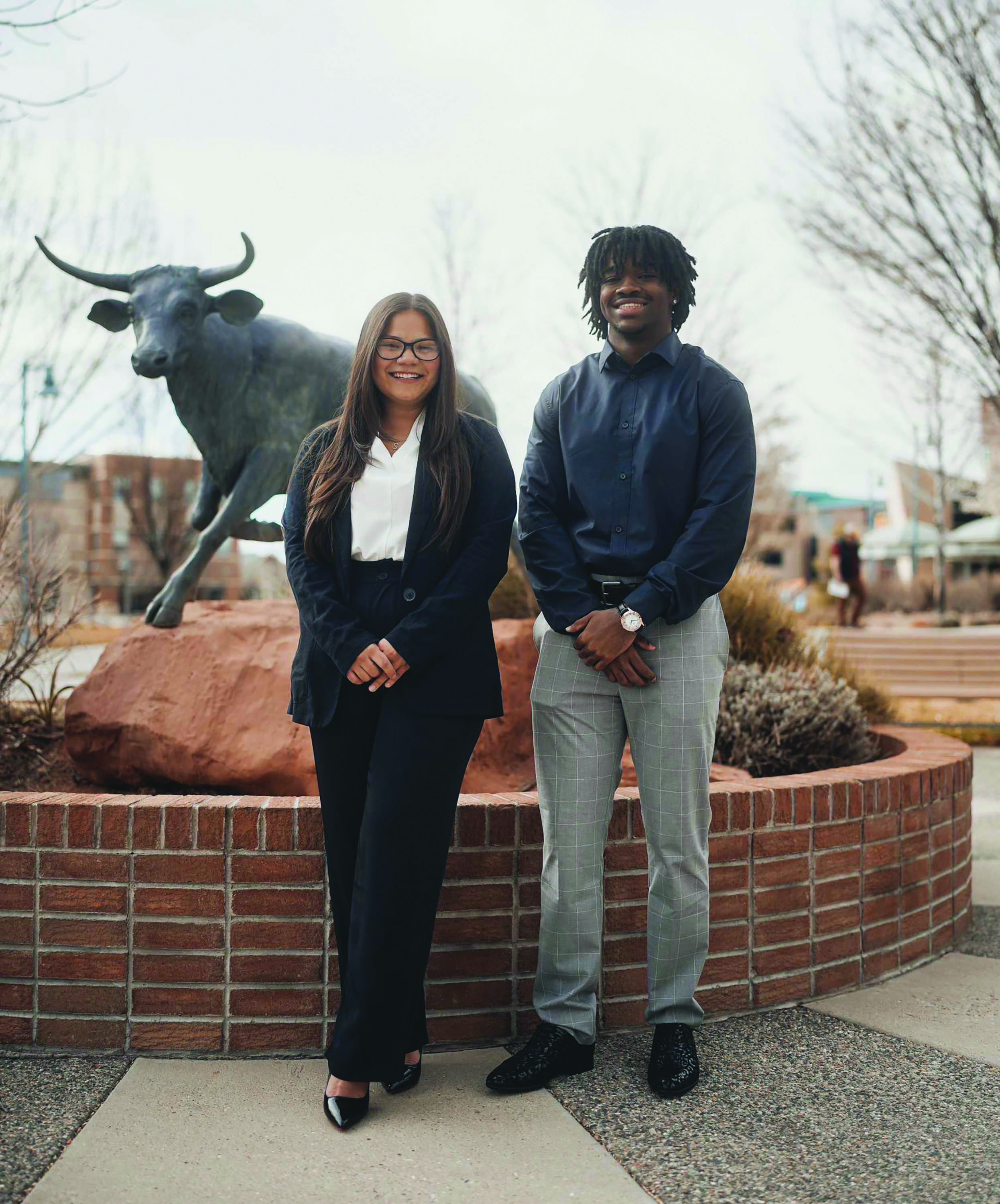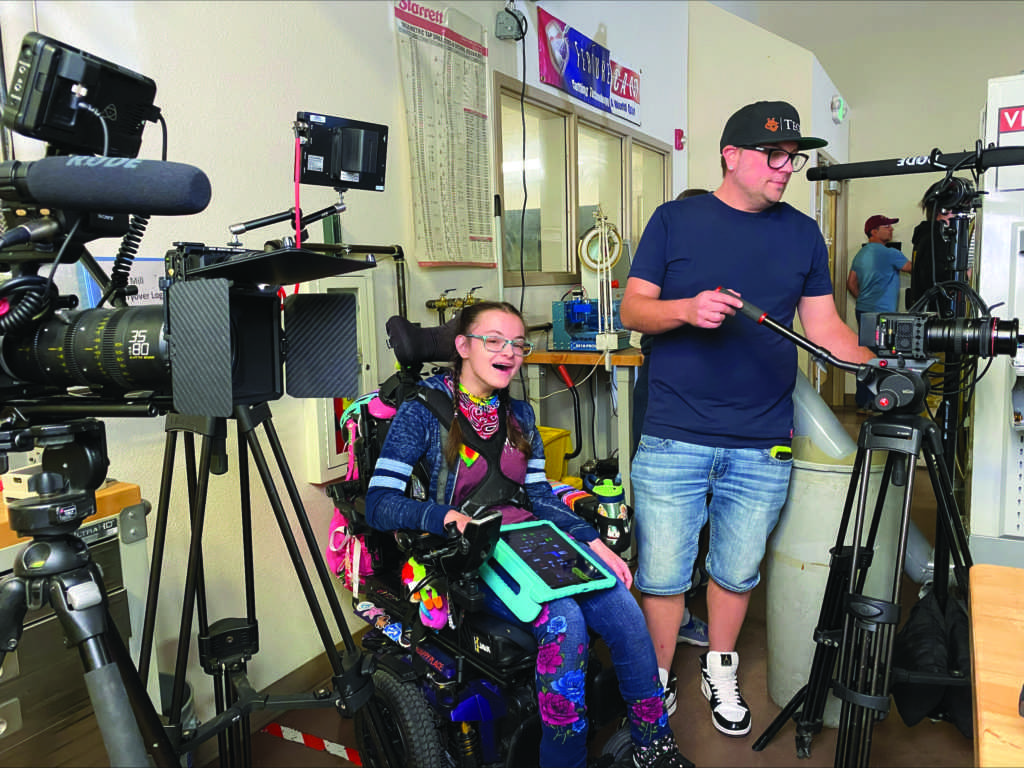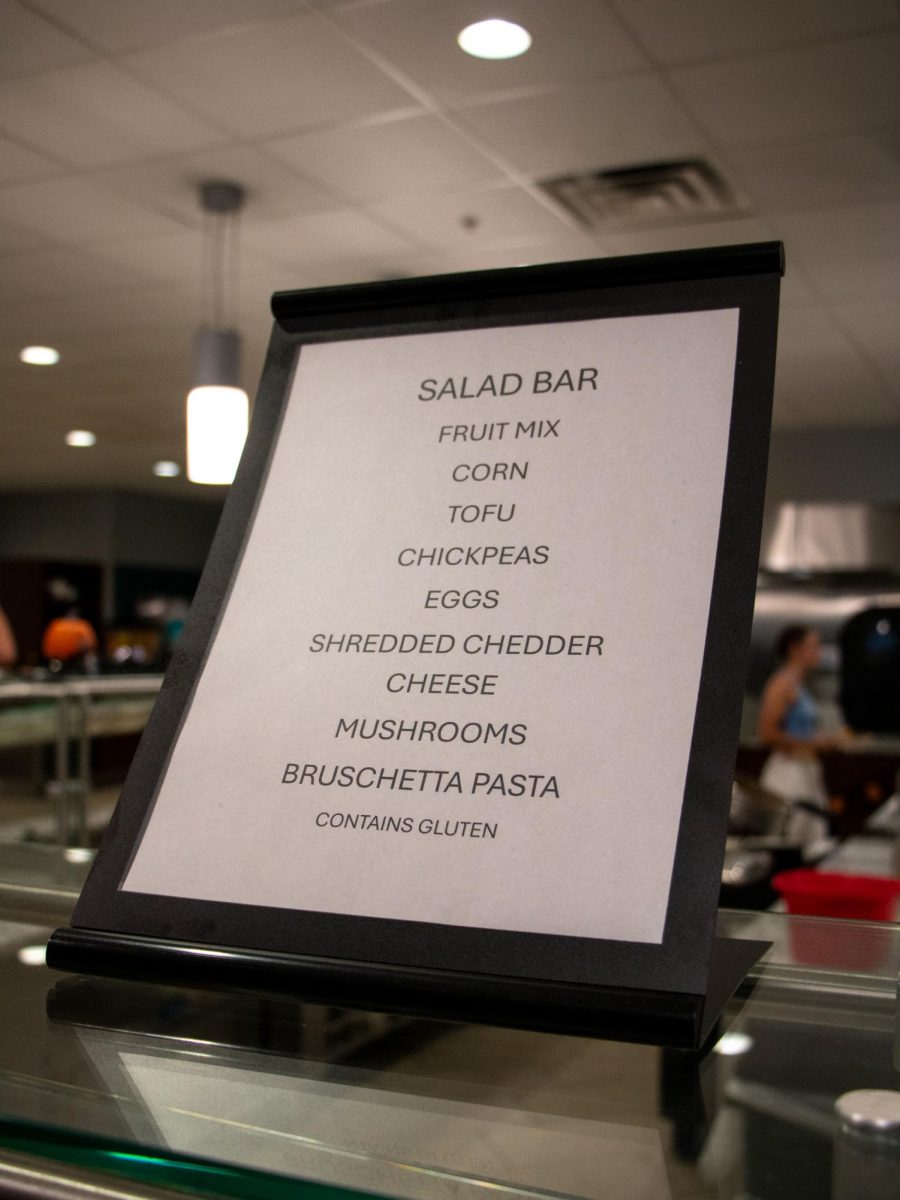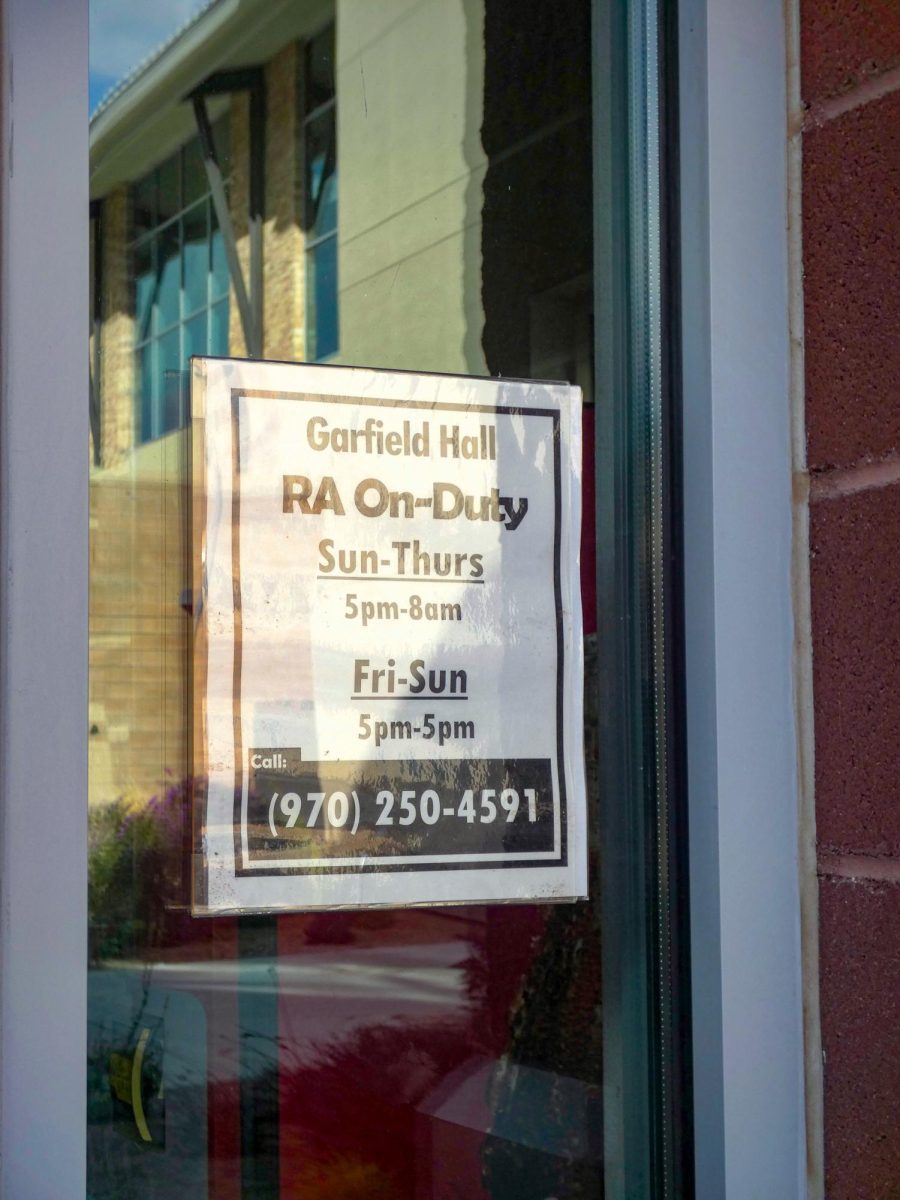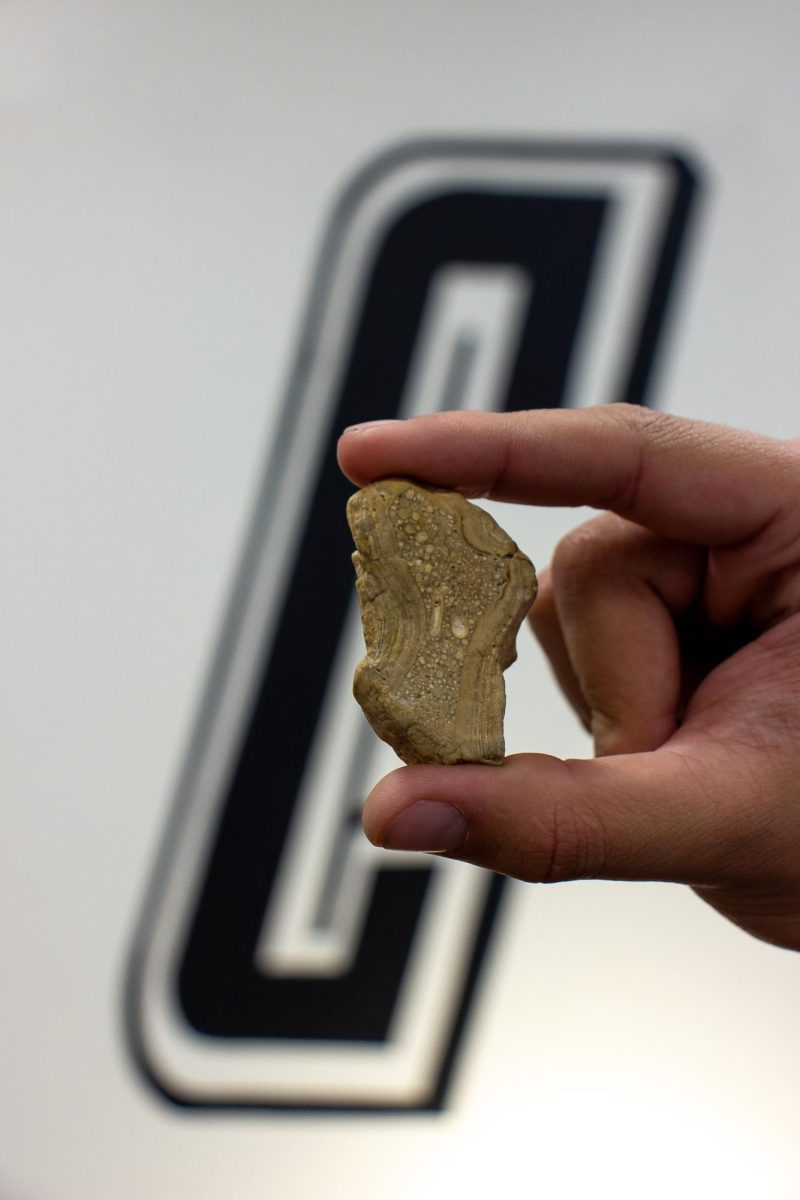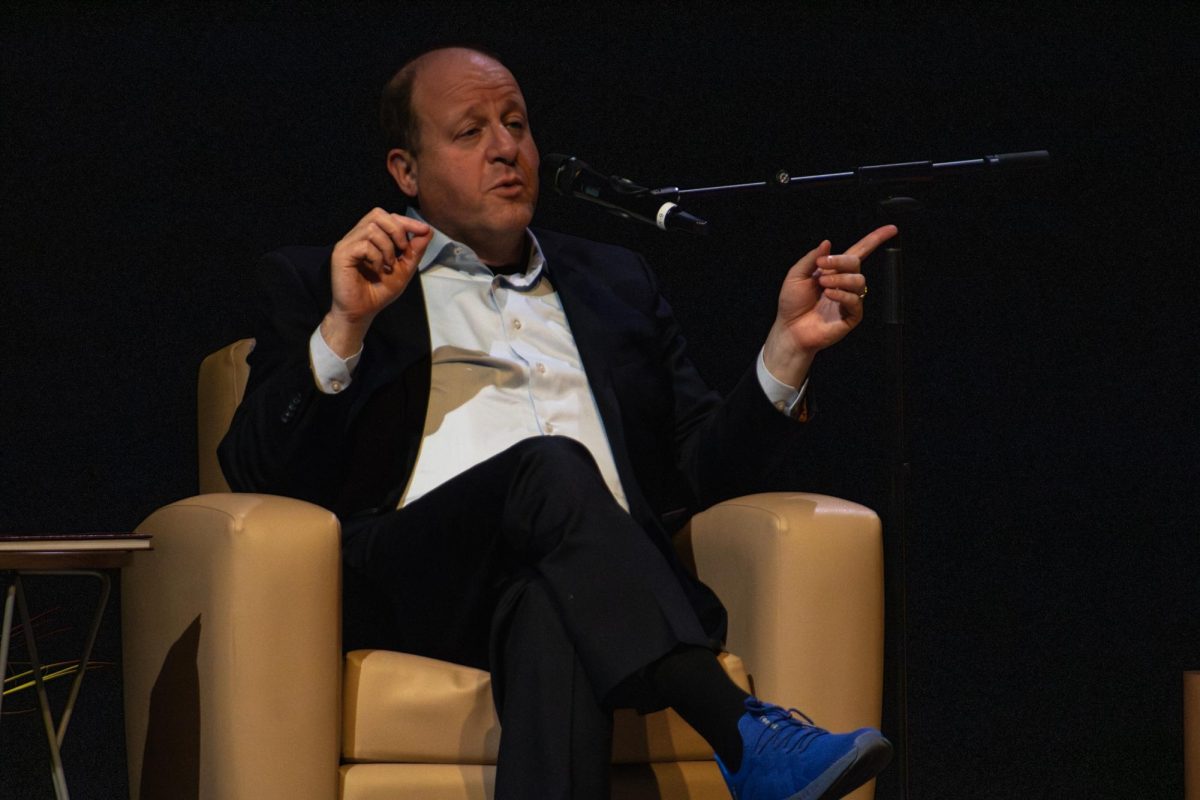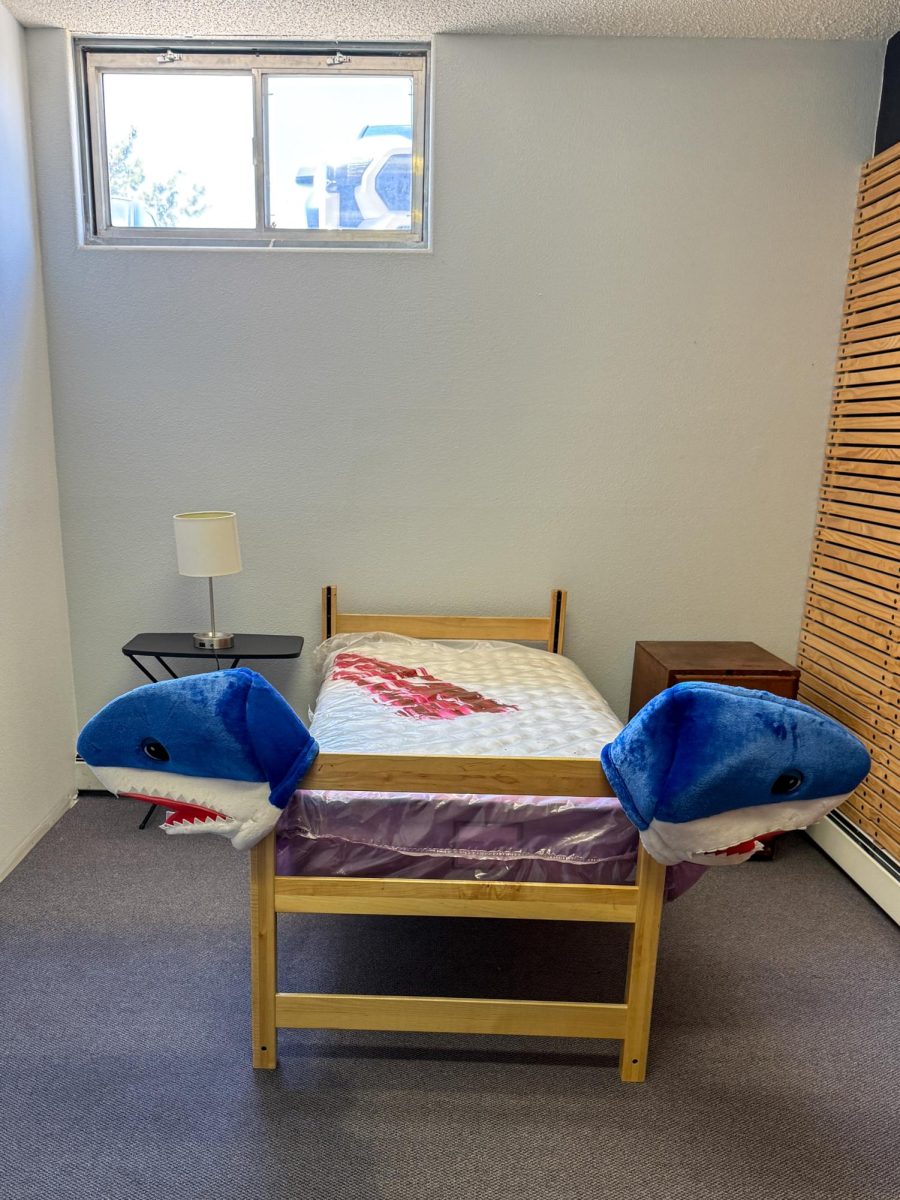In the last few weeks, students may have been aware of an increase in surveys on campus and emails with subject lines like “16 days and counting.” These measures were all due to the recent visit to Colorado Mesa University by the Higher Learning Commission (HLC) that has now concluded.
Like nearly all accredited universities, CMU receives millions of dollars from the federal government every year to subsidize university costs and student scholarships. To ensure these dollars are spent efficiently, the US Department of Education uses outside organizations to accredit and review currently accredited universities on a regular basis.
The HLC is the body observing the 19-state region from Arizona to Ohio, including Colorado and is a nonprofit organization led by a board of faculty. This board is composed of faculty from the universities throughout the region. Currently, no members are CMU faculty.
The HLC’s primary task is to assess the quality of education in order to accredit universities and to ensure currently accredited universities are living up to higher learning standards. The HLC board uses five general criteria, from ethics to teaching and learning, to measure universities. According to the assurance review, criteria are given grades of met, not met or met with exceptions. They do this by performing an in-depth analysis every 10 years and an assurance review on year four.
The recent visit by the Higher Learning Commission was a follow-up assurance review to check-up on CMU’s improvement. According to CMU President Tim Foster, the results of the assurance review should be available in about two to three weeks. Foster stated that he did not expect any failures on the part of CMU, but does expect a fair share of suggestions from HLC.
“To come and say we have a totally clean bill of health would be surprising to me. I would assume we’ll have something that says, ‘you need to do this and that a little better,’” Foster said.
In CMU’s 2013 review by the HLC, one of the things it was asked to improve was an assessment by faculty so there would be a more standardized way students would know they were graded. Foster believes CMU faculty do a satisfactory job of advertising to students in their classes the grading criteria.
“They [HLC] will make whatever observations they will make. We will agree or disagree with some of them. We’ll either say ‘we could definitely be doing a better job of that’ or ‘we respectfully disagree’ to some of the absurd ones, such as the recommendation of the use of deans. CMU administration will then continue to do the best we can do for students,” Foster said.
The HLC is not without issues. Since it is staffed and controlled by many university faculties, bias is possible. For example, Foster said, “while typically the HLC criticize that institutions are too administratively heavy, we [CMU] have been criticized for being too lean administratively based on our use, or lack thereof, of deans. I believe there was just a little self-interest involved as the director of that board was a dean of another university.”
In addition, every university is different and may need to be graded slightly differently. President Foster believes that, in reviewing CMU, the HLC should put more weight on what students are saying, such as surveys, and how happy they are, opposed to criterion like awards it has received or non-knowledge based credentials.
Foster believes that the criteria the HLC use in assessing universities needs to be updated and reassessed. For CMU students though, Foster encourages them to voice their opinion and give feedback.
“We try not to over survey you as students, [however] we are serious about wanting to improve for our students. Without student feedback, it just isn’t possible to fix deficiencies. We are a long way from perfect and it’s important for us to get better,” Foster said.
The accreditation process ensures that CMU can provide scholarships, grants and keep costs down, therefore, it is in students’ best interest to make their voice heard. The HLC Assurance Review ran from Oct. 6-8 and they have now returned to Chicago, their headquarters. Though the HLC is no longer on campus, students are still encouraged to voice their opinion to make a better university.






